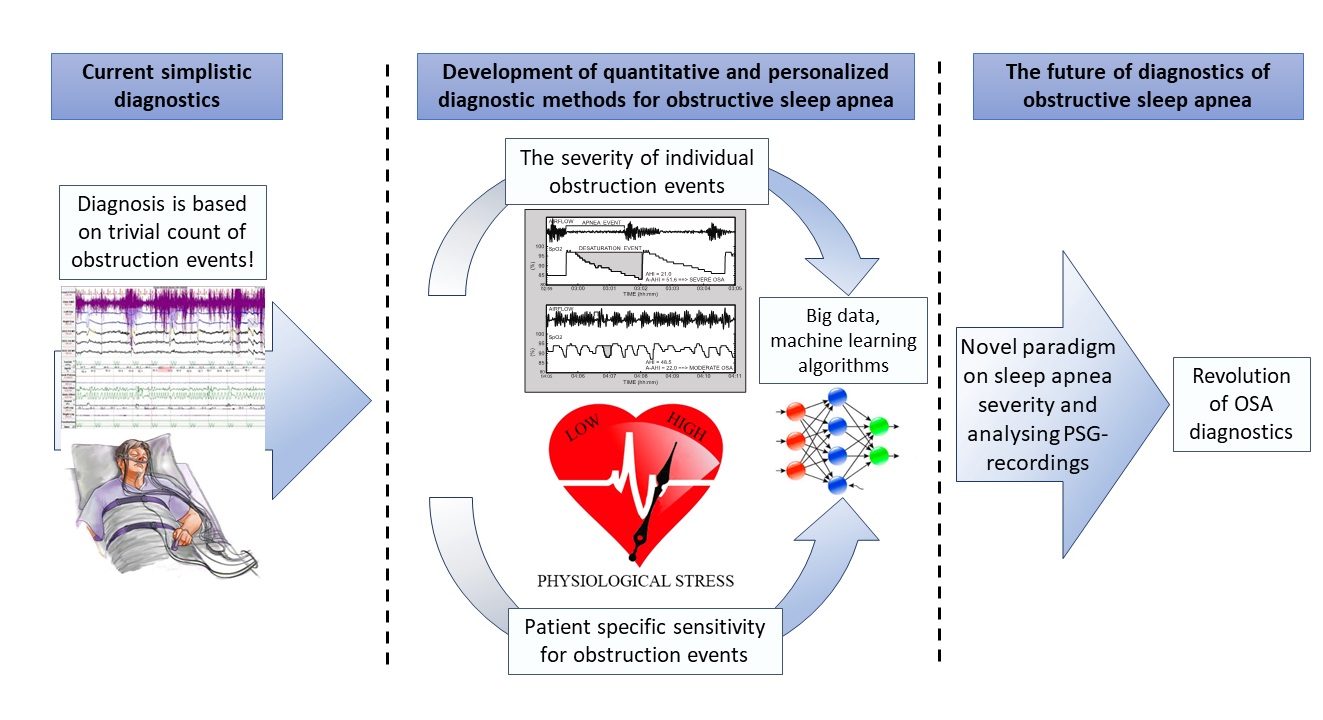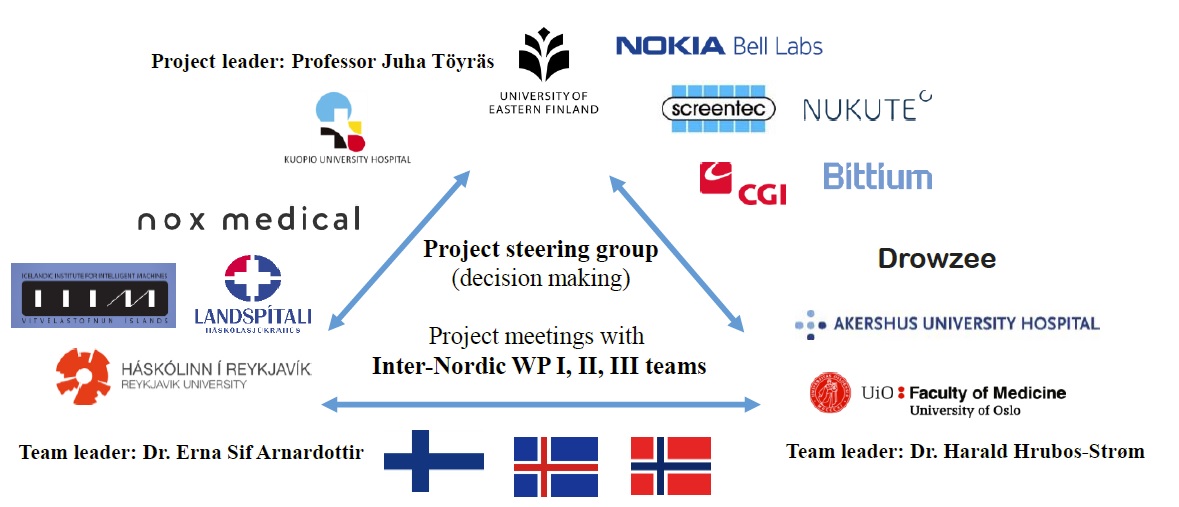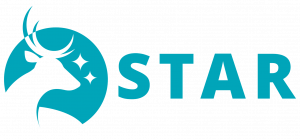NordSleep
Novel wearable sensors and machine learning solutions for personalized diagnostics and treatment of sleep apnea (NordSleep)

Summary: Obstructive sleep apnea (OSA) is a highly prevalent sleep disorder with several pathophysiological pathways and clinical manifestations. Although a full polysomnography (PSG) recording provides the gold standard for diagnosis of OSA, it requires laboratory facilities and trained technicians for manual set-up and scoring, making it an expensive and time-consuming process. Therefore, there is a need for novel methods that could support automatic diagnosis and assessment of OSA severity. Ideally, the most relevant signals could be collected using self-applicable wearable devices at home over multiple nights to avoid the disturbances related to the first-night effect and night-to-night variability and to allow follow-up of treatment outcomes. Therefore, the clinical validation of novel wearable sensors belongs to the main aims of this project.
Current diagnosis and classification of OSA severity is based on the apnea-hypopnea index (AHI), which is simply the number of obstruction events regardless of their length and severity. AHI is poorly correlated with excessive daytime sleepiness (EDS) and severe health consequences, which is an alarming sign of AHI’s insufficiency. Actually, the use of AHI has delayed identification of OSA subtypes and development of more personalized approaches for OSA management. However, current PSG recordings provide an enormous amount of information-rich physiological data that has remained mostly unexploited in clinical practice. One of the primary goals of this project is to adapt modern artificial intelligence (AI) and machine learning techniques for PSG and HSAT studies to identify such features in signals that could be used as biomarkers to personalize OSA subtypes and severity. In addition, AI could enhance understanding of the clinical consequences of OSA and treatment need of different patient groups.
Personalized medicine refers to a medical model based on characterization of individuals’ phenotype and genotype for tailoring the right therapeutic strategy for the right person at the right time, and/or to determine the predisposition to disease and/or to deliver timely and targeted prevention. Subtyping of OSA by novel technology is in line with this definition. However, subtyping also increases complexity in the clinical encounter. Accordingly, we also aim to develop a risk communication tool which together with assessment of OSA subtypes could be used to estimate OSA related severe health consequences and on prognosis of the disease. In addition, we will adapt AI algorithms for personalized prediction of e.g. the risk of OSA-related death, stroke, and cardiac arrest.
The outcomes of this research will have a significant positive impact to Nordic health and socio-economy as the number of undiagnosed and untreated OSA patients in society is very large and better diagnostic and treatment options are needed. Wearable sleep monitoring devices and sophisticated AI based analysis solutions open a huge global business potential for companies operating in the medical device sector as well as health centers, and sleep clinics by offering telemedicine sleep diagnostic services.
Research period: 1.1.2019 – 31.12.2022
Funding: NordForsk, Business Finland, the Research Council of Norway, the Icelandic Centre for Research (RANNÍS), collaborating business partners.

